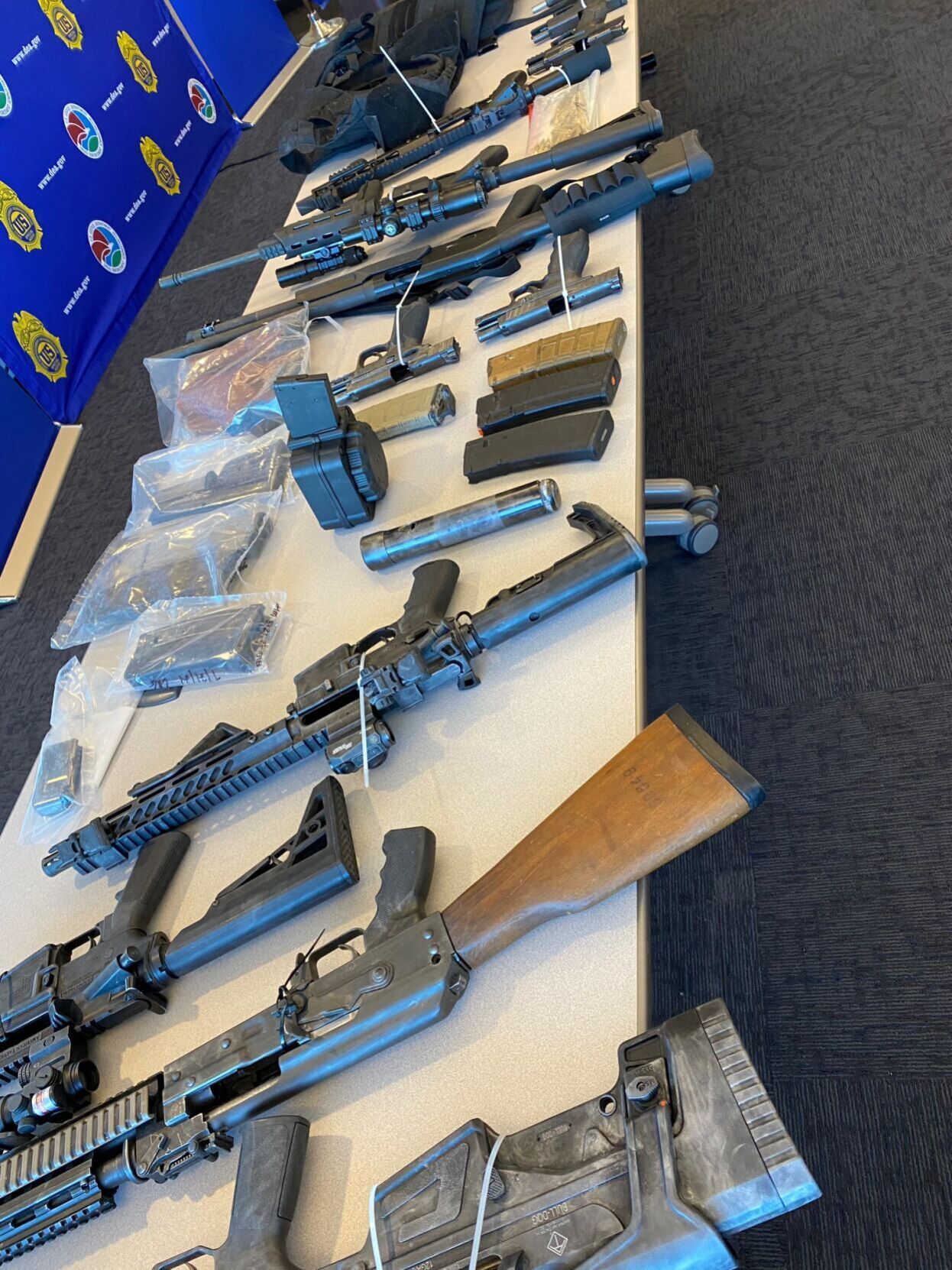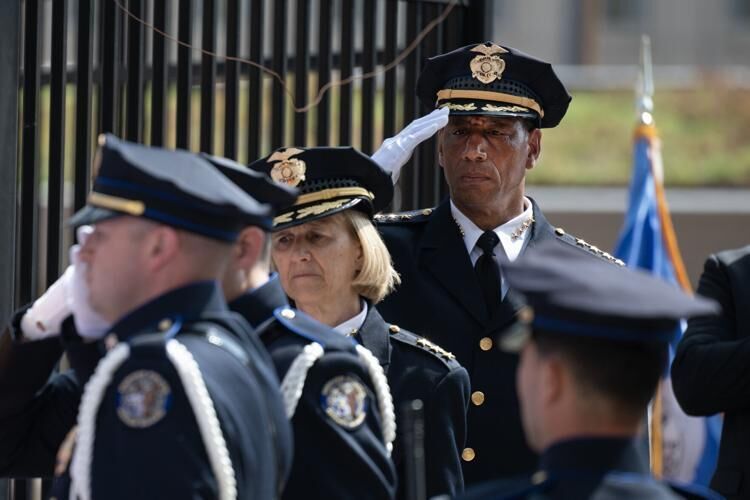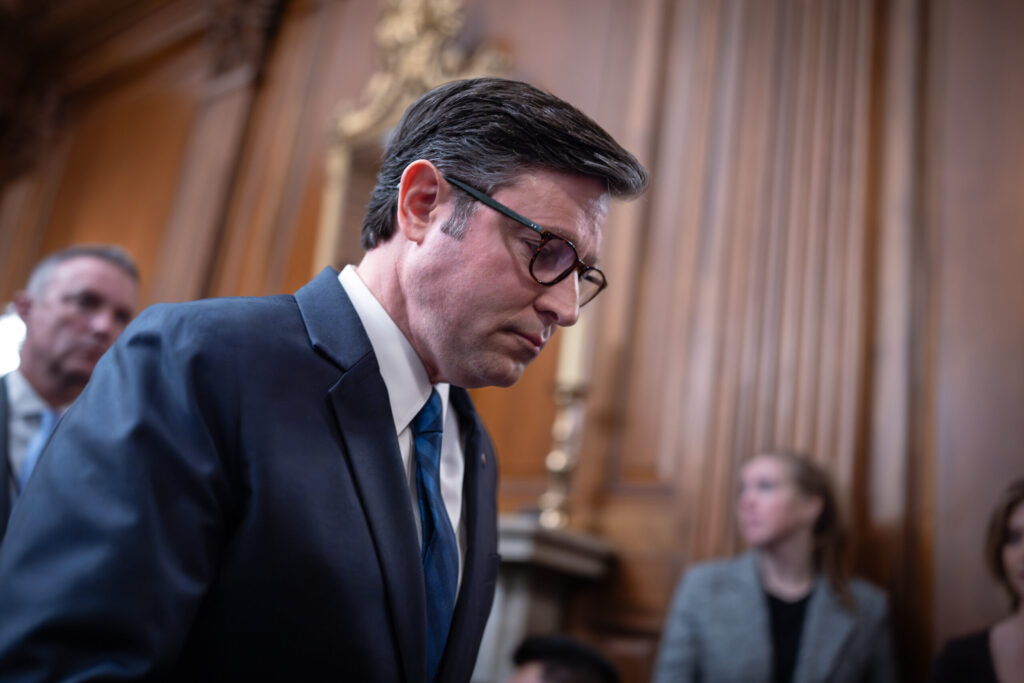Colorado Senate considers bill to track ‘suspicious’ gun and ammo purchases

A bill being proposed in the state Senate would allow credit card companies to assign codes to the purchase of firearms and ammunition.
Sponsors of the bill say such tracking would allow law enforcement to track “suspicious activity” that could lead to crime.
Senate Bill 066 was discussed last week by the Senate Business, Labor and Technology Committee. If it passes, the bill would require payment networks, such as credit card companies, to provide processors with a newly developed merchant category code, or MCC, that will specifically be assigned to firearms and ammunition. This code, which was established by the International Organization for Standardization, or ISO, in 2022, must be assigned by processors to each firearms merchant they serve.
The bill’s sponsor, Sen. Tom Sullivan, D- Centennial, said he became aware of the new MCC for firearms while listening to a podcast. By tracking financial transactions, he said that every other industry is required to use an MCC. Because of this, law enforcement can identify patterns and potentially prevent crimes such as money laundering and sex trafficking, he said.
“Credit cards have been repeatedly used to finance mass shootings, and merchant codes would have allowed the credit card companies to recognize his alarming pattern of behavior and refer it to law enforcement,” he said. “This bill will give us more tools to protect people, and make it easier to stop illegal firearms-related activity like straw purchases before disaster strikes.”
Sullivan also cited a study that found that eight of the last 13 mass shootings between 2007 and 2018 were financed with credit cards, including the 2012 Aurora movie theater shooting, where his son Alex was killed.
The bill faces opposition, including from Seth Stern, a gun store owner in Granby, who called the measure a “grotesque violation” of the Second Amendment.
“Neither banks nor government should be trusted in a free society,” he said. “These feel-good legislative maneuvers ostensibly created for public safety are in fact back-door gun registration and grotesque violation of the Second Amendment, as ours is the only retail industry protected by a Constitutional amendment.”
Stern also suggested that the FBI had prior knowledge of several mass shooters before their crimes occurred, yet the shootings still happened “because inaction took place.”
Several Republican committee members expressed concerns over the bill, which they see as too overbearing and would not stop mass shootings.
Sen. Mark Baisley, R- Sedalia, said he is worried about the “constant monitoring of citizens’ behavior.” At the same time, Sen. Larry Liston, R-Colorado Springs, said he is worried about the potential impacts on small businesses.
“I just don’t see how by putting the codes on these transactions is going to stop this,” said Liston. “I’m also concerned about the unintended consequences of what may happen to the small mom-and-pop stores that are doing everything they can to comply with the law.”
In response, Sullivan clarified that enforcement would be directed at the credit card companies, not the retailers. He also emphasized that purchases would only be tracked if they roused suspicion, similar to how banks may notify customers if a purchases raises suspicion of fraud.
Sullivan’s wife, Terry, testified during the committee meeting, recounting the 2015 trial of her son’s killer. She said the local District Attorney was able to track down exactly how the shooter paid for his firearms and equipment. She speculated on the potential outcomes of that night had law enforcement been able to access the shooter’s financial activity before the tragedy.
“I wonder what could have changed if we knew about these actions during that night,” she said. “Was there any way that Alex could still be alive if we only knew? The use of merchant categories has the possibility, if enacted properly, to be a change that will help the desire to see future mass killings stopped so that families don’t have to live like my family is now forced to live.”
Hudson Munoz, Executive Director of Guns Down America, insisted the legislation does not infringe upon Americans’ right to bear arms, saying banks already use MCCs for other products to track down fraud and other suspicious activity.
“The gun store code ensures that firearms dealers are held to the same rules and treated with the same fairness as any other retailer,” he said. “At its core, this issue is about rules and fairness in our economy. Banks and credit card companies should apply the same standards to gun retailers as they do to any other retailer.”
Christa Palmer, a mother of a child who was involved in a school shooting, said while this legislation won’t completely solve gun violence, it’s a step in the right direction.
“Gun violence is a complicated problem,” she said. “We aren’t going to solve it in just one way. We need to address it from many different approaches. If you think about the pain and the horror these shootings cause, wouldn’t you want to take all reasonable steps to stop it?”
In leading discussions as chair of the Business, Labor and Technology Committee, Sen. Jessie Danielson, D-Wheat Ridge, said, “Will this end gun violence? No, it’s not gonna end gun violence. Is it a tool that we’re currently not employing to combat this public health crisis? Yes, it is. I would like to see this state that I love so much embrace every way that we can try to prevent the tragedies that were described to us.”
Several amendments were made to the bill to clarify language. The amended bill, which passed the committee along party lines, was referred to the Senate Committee of the Whole.














